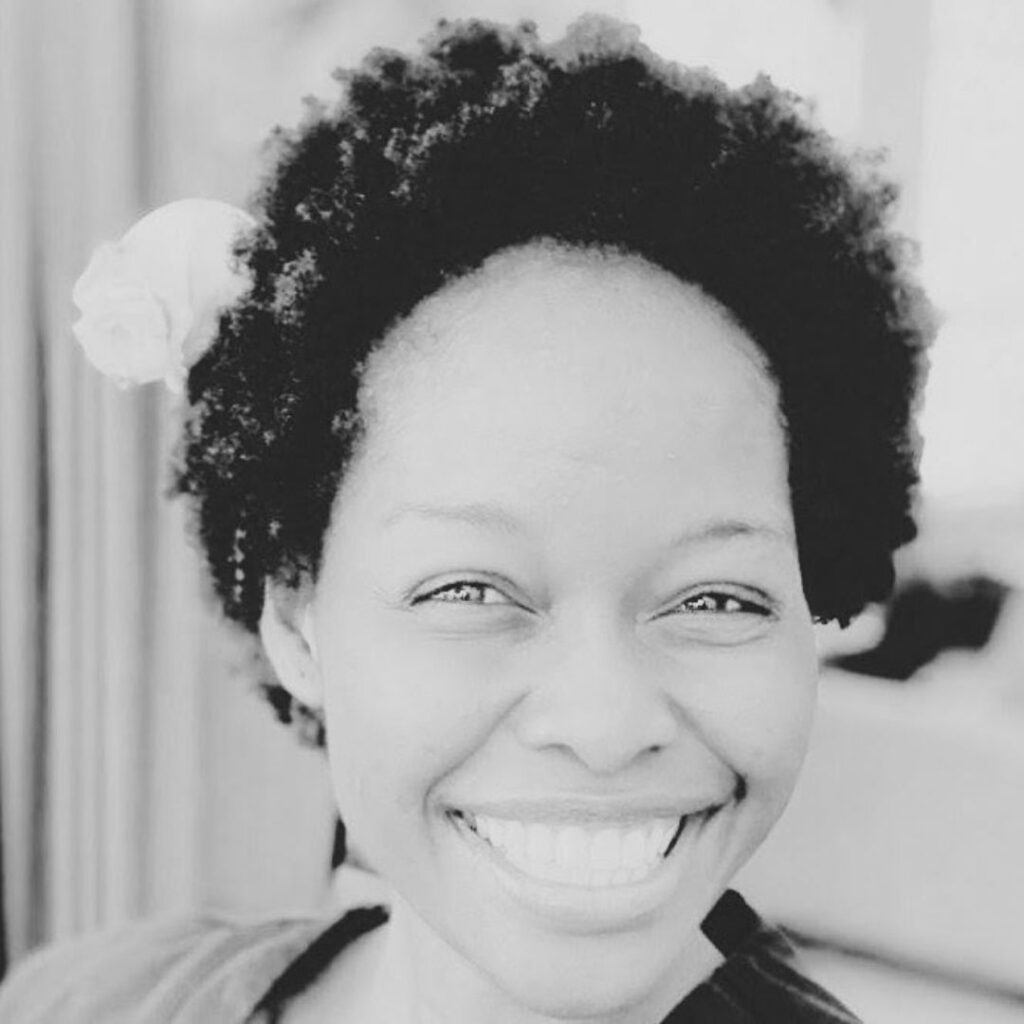Describe your life prior to diagnosis.
Since I was 13, I had acid reflux, heartburn, stomach bloating and cramps from gas, and GI problems. I have had irritable bowel syndrome and a recurring anal fissure from the constant diarrhea and constipation. Especially after the afternoon meal, my tummy would make loud noises. I suffered from mouth sores and cracked, dry lips, so l constantly used lip balm without knowing that there was an underlying cause. I was anemic and have dealt with fertility problems. I have excessive dermatitis herpetiformis, exacerbated by my dark skin and pigmentation marks on my bum, hips and legs, which made it impossible to wear swim wear or short clothing. I suffered from anxiety, low self-esteem and panic disorders.
By the time l was 28 in 2015, l could eat such tiny portions and feel full. Life was so unbearable and l was so isolated that l became depressed and was suicidal for over a year until l got treated.
How did you find out that you had celiac disease? Did you suspect it beforehand?
I found out only because l was working as a waitress at one of the trendiest bakeries at that time; it was one of the places in Cape Town, South Africa that started baking and selling gluten-free products. l wanted to know what was behind the gluten-free diet, which is how I read about celiac disease. Coincidentally, l became sick around that time and asked the doctor if it could be celiac disease, because all the symptoms l suffered in my life matched them.
If you were diagnosed, who made the diagnosis?
The doctor did not consider me seriously; they treated the anal fissure by putting me on a heavy fiber intake diet and surgically repairing it. I became worse after surgery and had to go in twice more to repair it.
I diagnosed myself by deciding to see what would happen if l stopped taking fiber, like bran flakes, Weet-Bix, pasta, brown bread, etc. I decide to just cut out gluten as an experiment*, but I knew l was correct because after going gluten-free, the moment l had a meal with gluten my stomach would swell, l’d suffer from pain and stomach cramps worse than l ever did before, debilitating diarrhea, and the next day I’d wake with sores on the corners of my mouth and white stuff on my lips.
*It is not recommended to go gluten-free before getting tested for celiac disease, as you must be eating gluten to be tested for celiac disease.
How long did it take for you to get diagnosed since your first symptoms and what (if any) challenges did you face along the way?
As l mentioned, I did my own diagnosis. From my initial contact with the doctor in 2015, l became worse. I was in and out of hospital weekly until 2018 when l was diagnosed with IBS, because doctors acknowledged l had been so ill for so long. With the amount of medication l was being given for trials and so forth, my immune system and digestive system had collapsed.
The challenges are still ongoing because some family and friends do not acknowledge my need at all and ignore this and treat me with contempt.
Do you believe anything could have sped up your diagnosis? If so, please explain:
I certainly believe it. Doctors and nurses should be educated on celiac disease, what it is and its symptoms. Nurses in Africa don’t even know the name.
Describe your experience living with celiac disease:
It’s a very unhappy place. I have long since stopped saying why l can’t eat. So l avoid going out to too many public places and if so, l just nibble when there is fruit.
I was living in South Africa as an immigrant worker, so my income was very small. I had very little to get by, so vegetables and meat is what l would normally have. That affects the balanced diet and I have become malnourished. It’s also a sensitive topic because people look down their noses at me if l said l can’t eat gluten because l have celiac disease.
What would a cure mean for you?
It would mean the world. It would mean l could finally be a woman in every sense of the word. It would mean l could stand tall. My confidence, self-esteem and general well-being could be restored and l could be whole and feel human. l could belong to society again and be normal like everyone else, have fun and the freedom to live and love with abandon.
Is there anything else you’d like to add to your story?
It is imperative to educate the healthcare industry first. I can not emphasize this enough. Millions perished in Africa during the HIV/AIDS pandemic because it wasn’t known what it was. Then when the tests were made, there was no medication yet, and when that was made, it was not for free yet. People perish for lack of knowledge. Let us educate the physicians.



